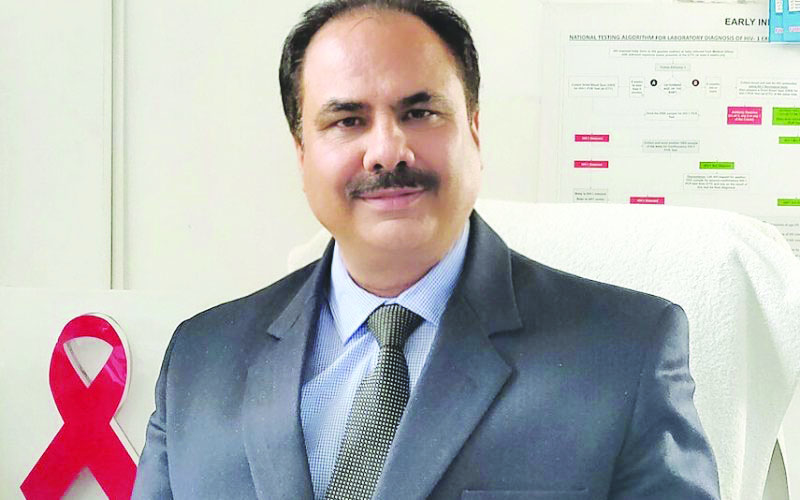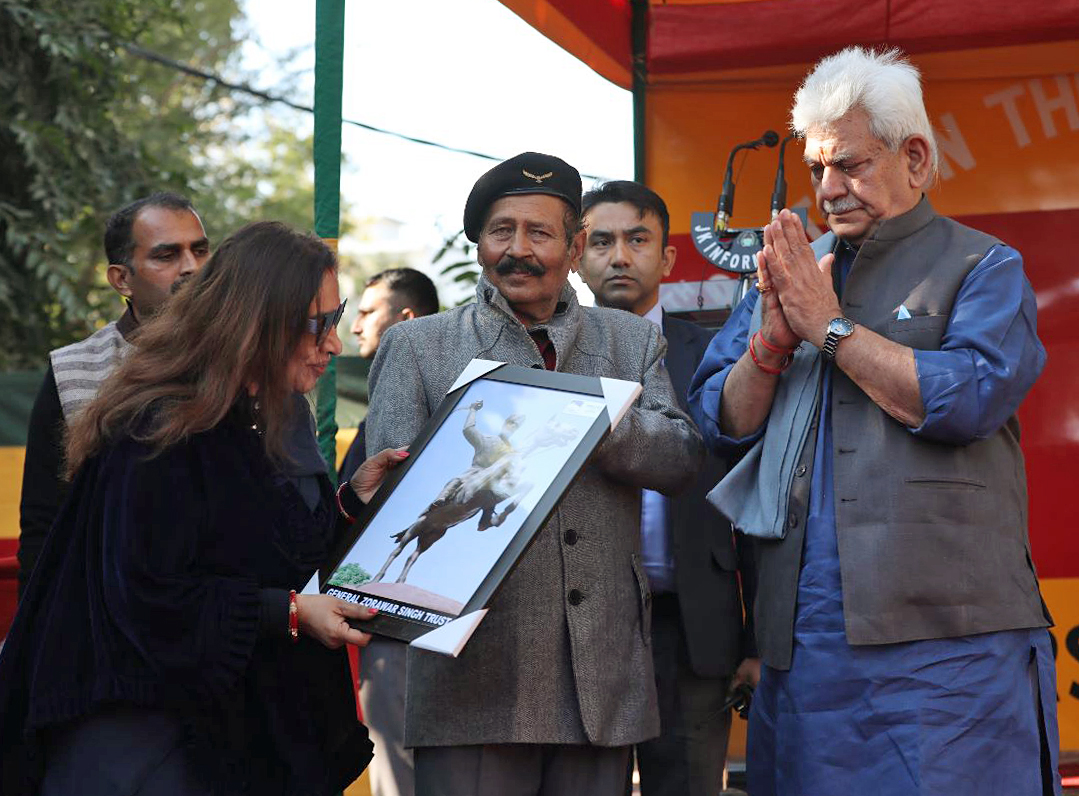M Peerzada
Srinagar, Dec 12: The Health Department has taken several initiatives to stop the spread of Hepatitis A cases in Turka Tachloo village in Kulgam after two children died due to the virus while six others were tested positive.
After the incidence of Hepatitis-A cases, the Directorate of Health Services Kashmir has deputed experts of epidemiology to take samples of symptomatic people and those who were in contact with deceased children and positive cases.
Director Health Services Kashmir, Dr Mushtaq Ahmad Rather said they have taken samples from people adding that PHE Department has started chlorination of water.
“I want to tell people that Hepatitis A is a water borne disease. I request them to use boiled water and take precautionary measures as there is no need to panic. Our teams are there and they are collecting samples from the affected area,” he said.
BMO, Yaripora Dr Nighat Nasreen said screening and testing was started from December 09 and so far, more than 100 samples were tested of which six are currently positive.
“We have sent health teams like paediatricians, general physicians and lab technicians in order to contain the further spread of the virus,” she said.
So far two school children of the village including a girl have died due to Hepatitis-A, an inflammation of liver caused by the hepatitis A virus (HAV).
Spokesperson DHSK, Dr Mushtaq Ahmad said awareness is very important as Hepatitis-A primarily spreads when an uninfected person ingests food or water that is contaminated with faeces of an infected person. “The disease is closely associated with unsafe water or food, inadequate sanitation, and poor personal hygiene,” he said.
Dr Mushtaq, who is also incharge epidemiology DHSK, said people need to take precautions in terms of water usage and ensure to use safe drinking water and use boiled water for drinking.
“Vegetables should be properly washed, especially raw vegetables. People have been informed about the modes of transmission. IEC activities have been improved in the area,” he said.
The health department has started a mass testing campaign while health teams have also visited the village to monitor the situation and limit the virus spread.
He suggested that people must use safe drinking water; storage containers must be thoroughly washed and people need to wash hands with soap before eating food.
“People especially children should keep fingernails short and clean at all times, it is preferable to cut them short once every week,” Dr Mushtaq said.
The doctor said its symptoms include fatigue, nausea, abdominal pain, loss of appetite and low-grade fever adding the condition clears up on its own in one or two months. “Rest and adequate hydration can help,” he said.
In the past also southern Kashmir districts have been in news for hepatitis A, B and C cases which were mostly recorded in winter months and reported by Rising Kashmir.
In 2013, an epidemic of Hepatitis C broke out in Takiya-Magam and Sundbrari villages of Kokernag. The health authorities had then registered 2,034 persons for treatment in Takiya-Magam village.
In 2018, nearly 600 people were detected positive for hepatitis B, C virus in several villages in south Kashmir’s Shopian district.
Earlier, in 2017, at least 161 cases of hepatitis A and B were reported between January-December across Kashmir valley as per the figures of the health department.








